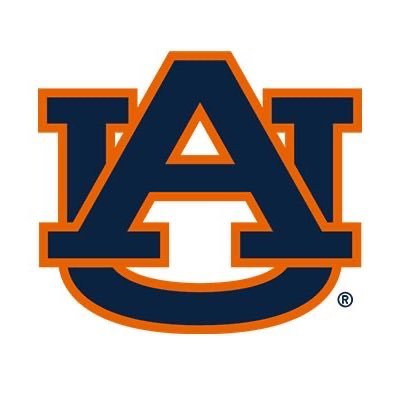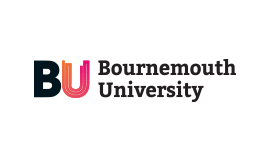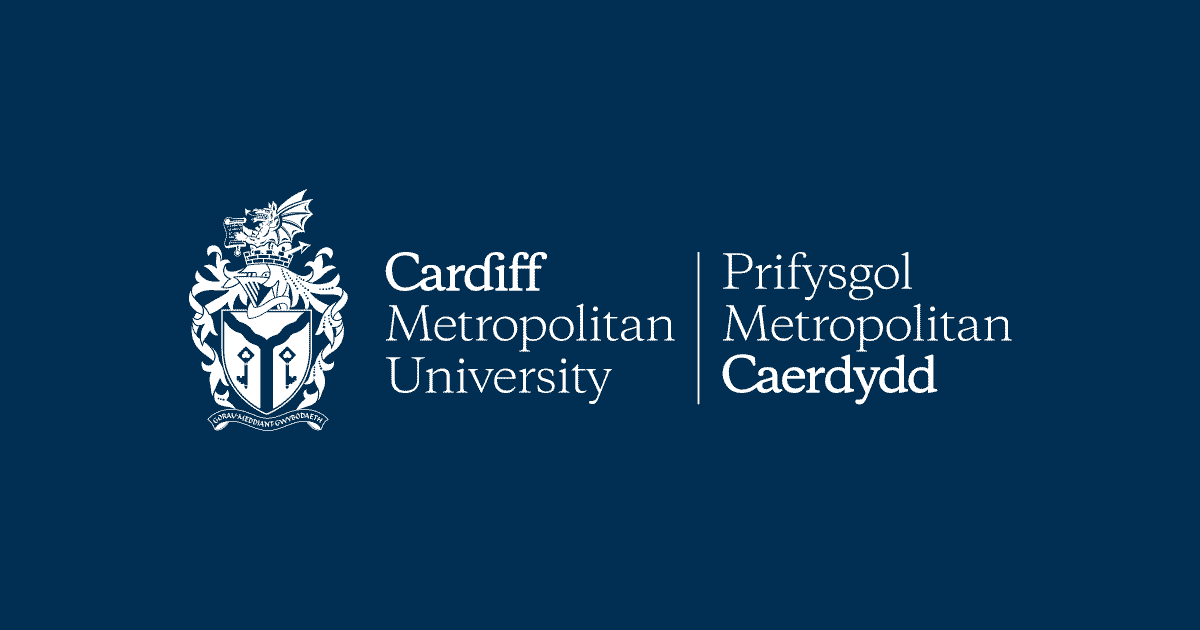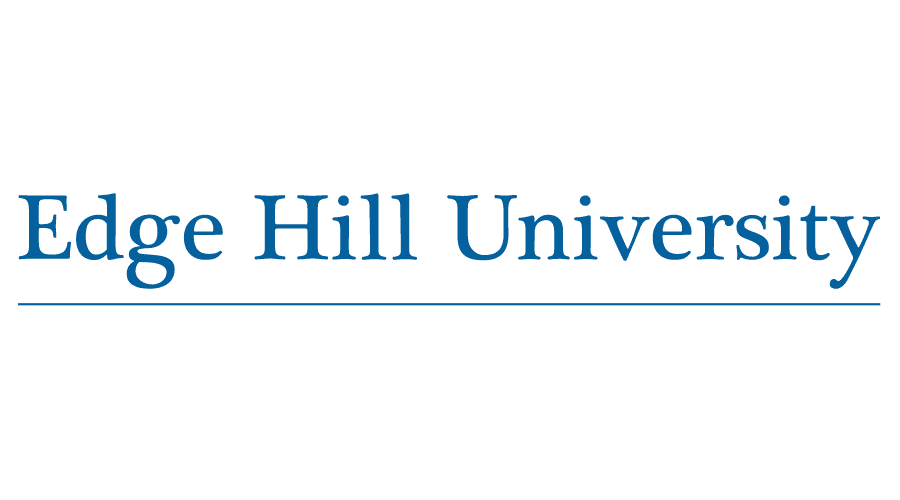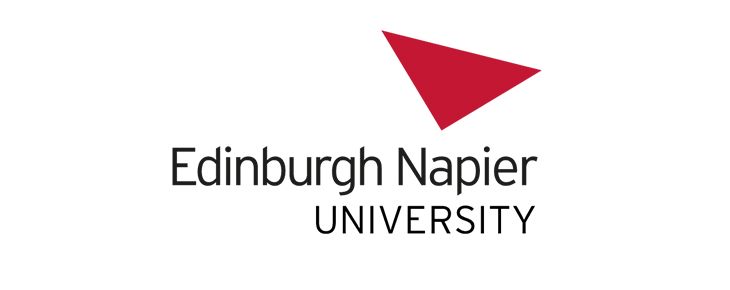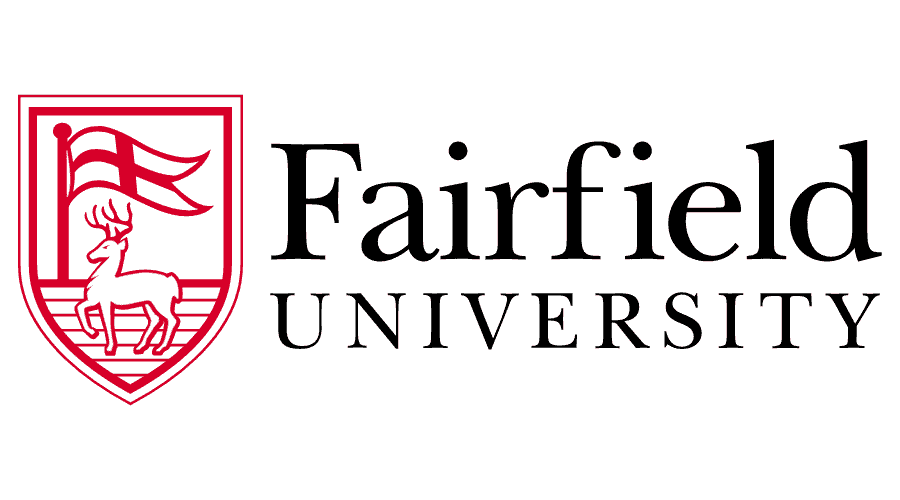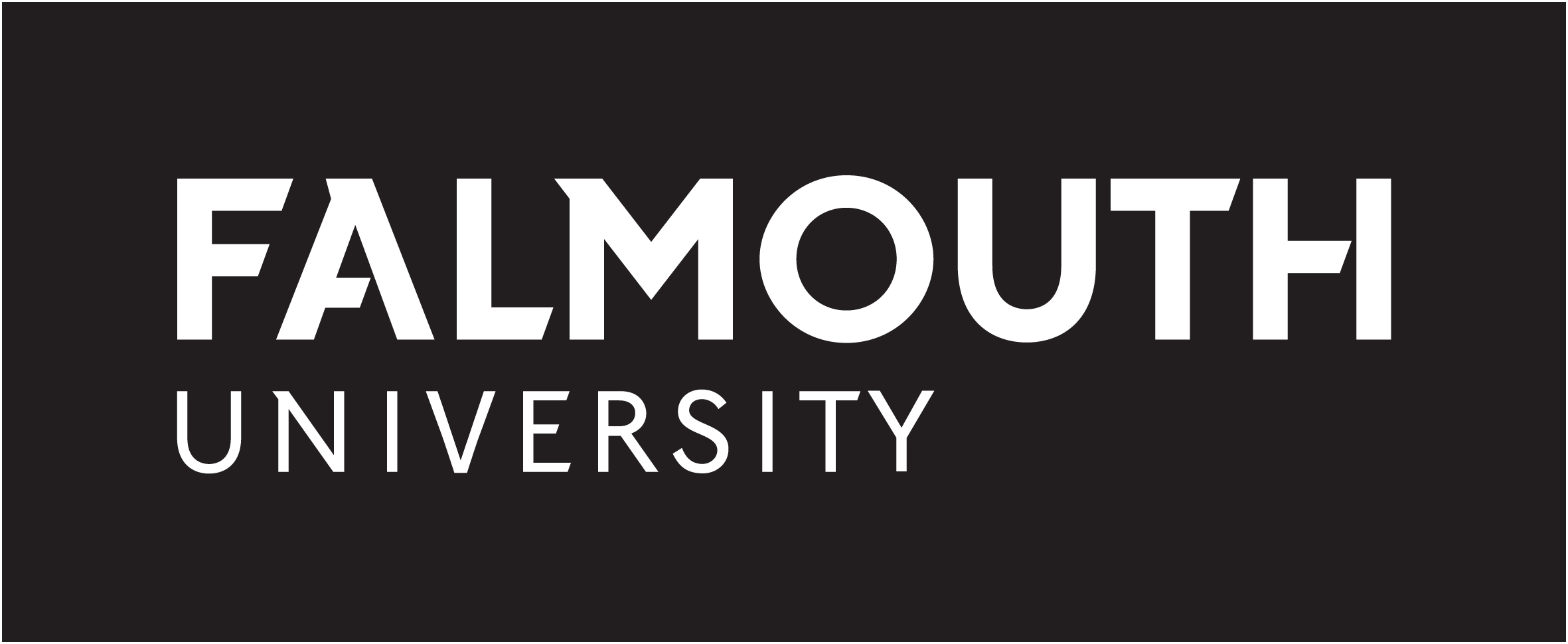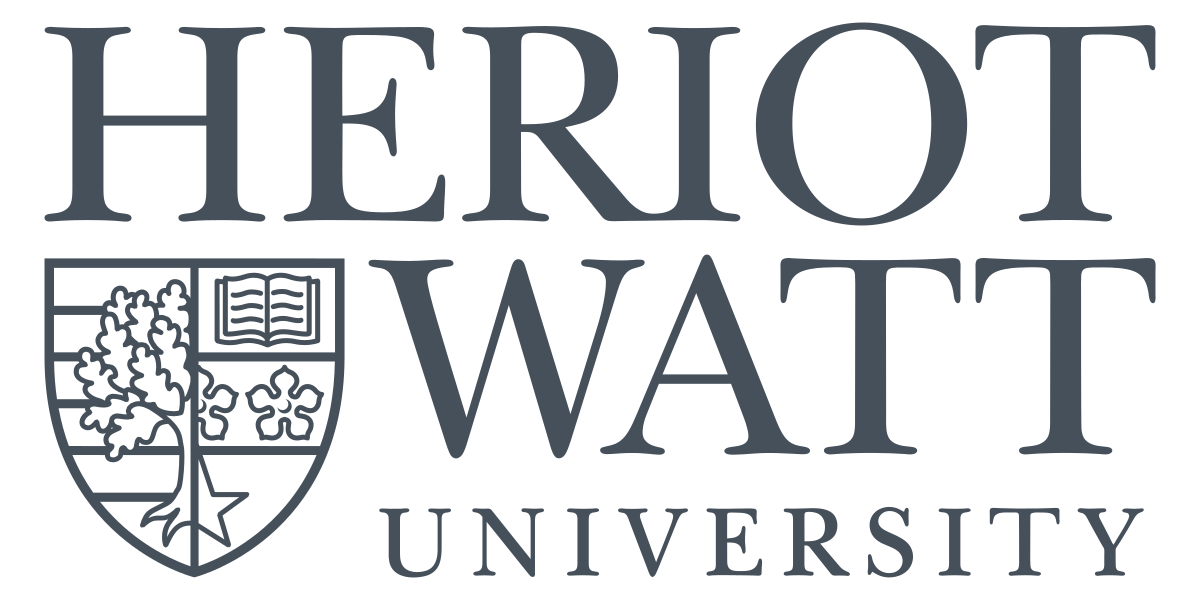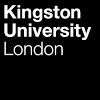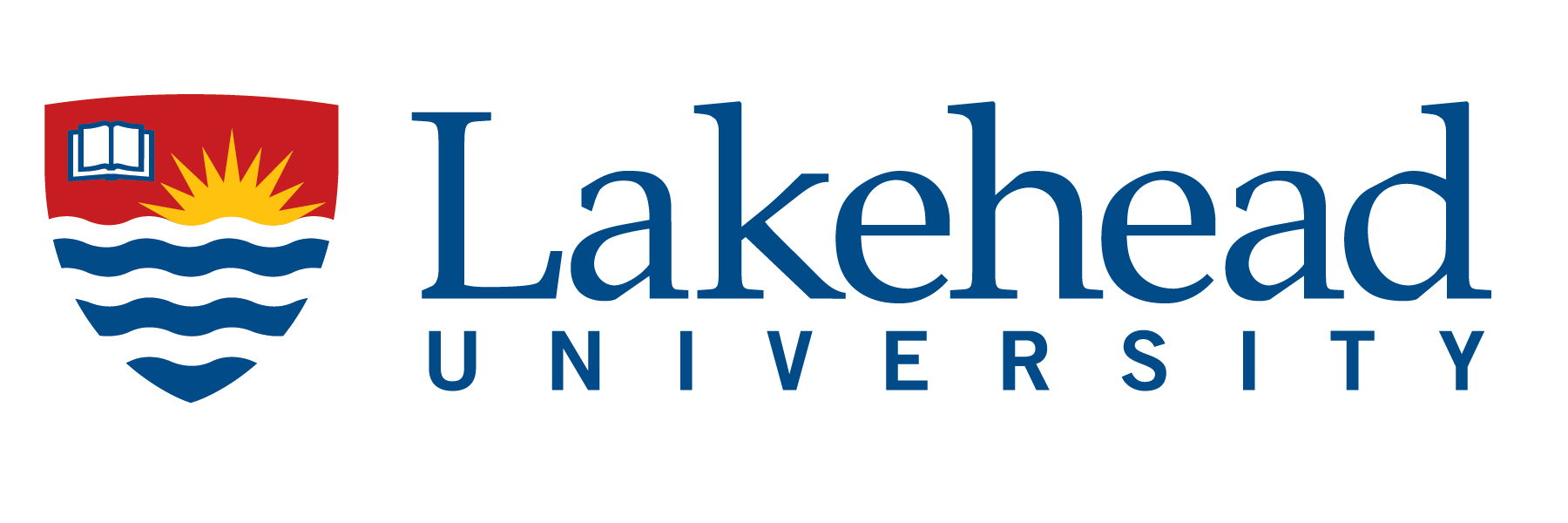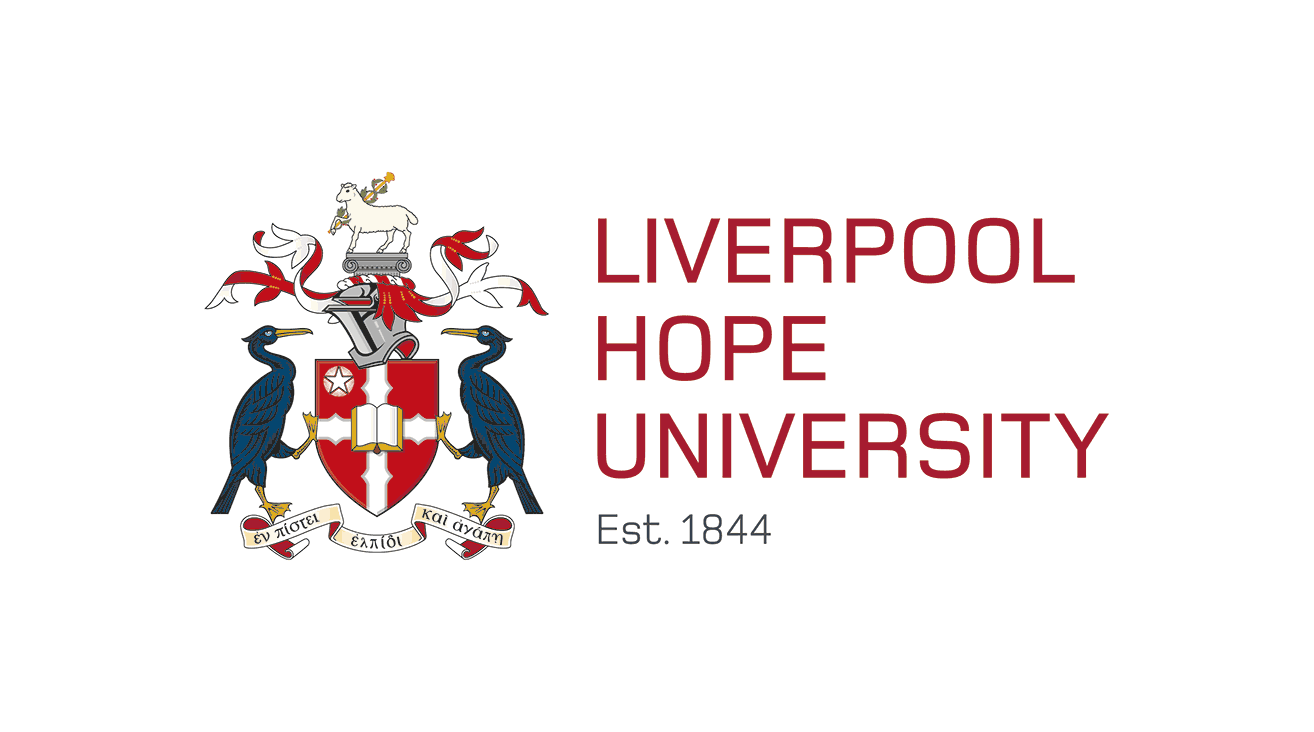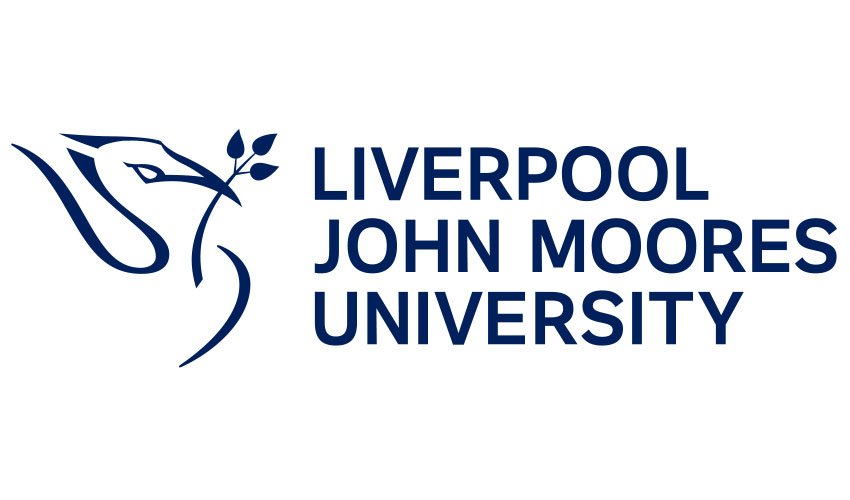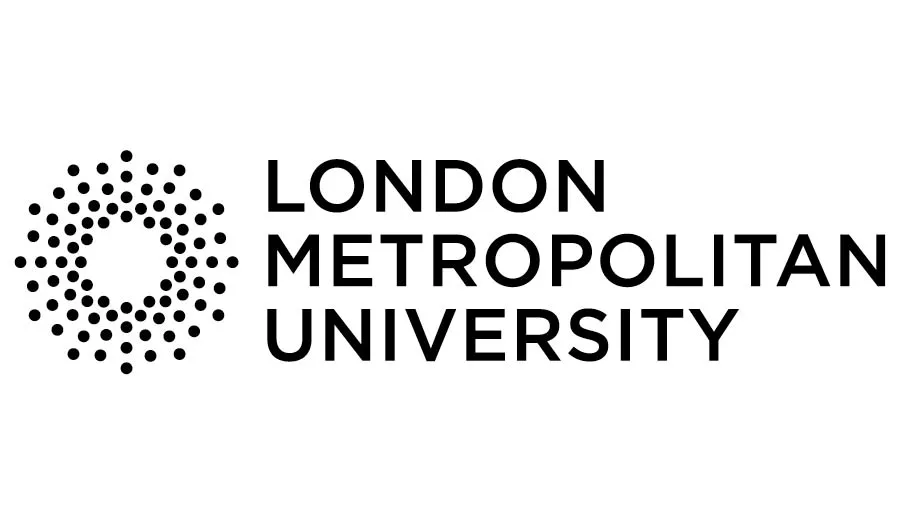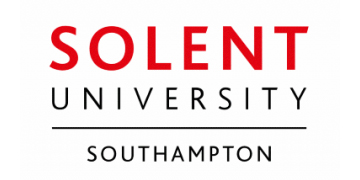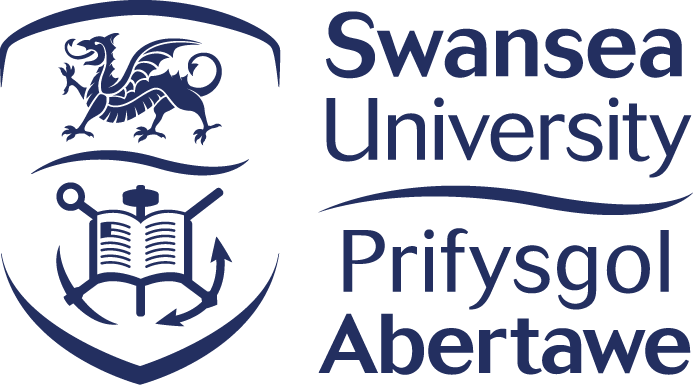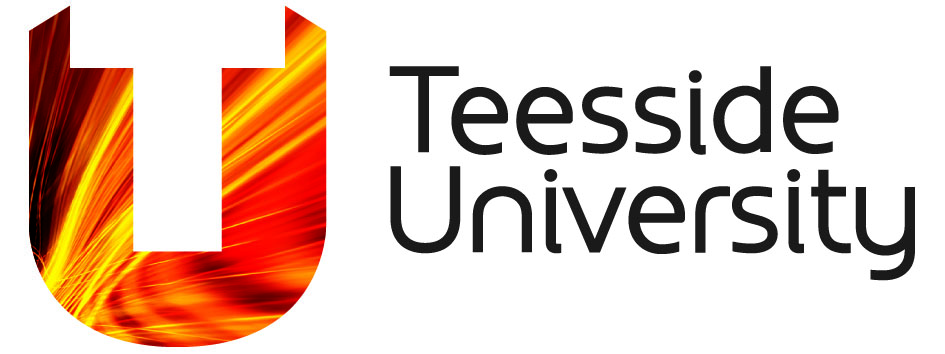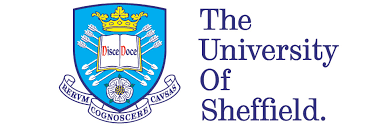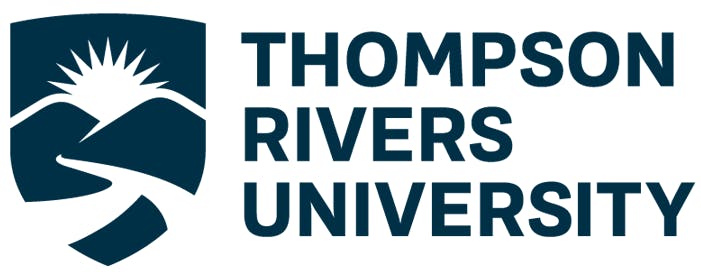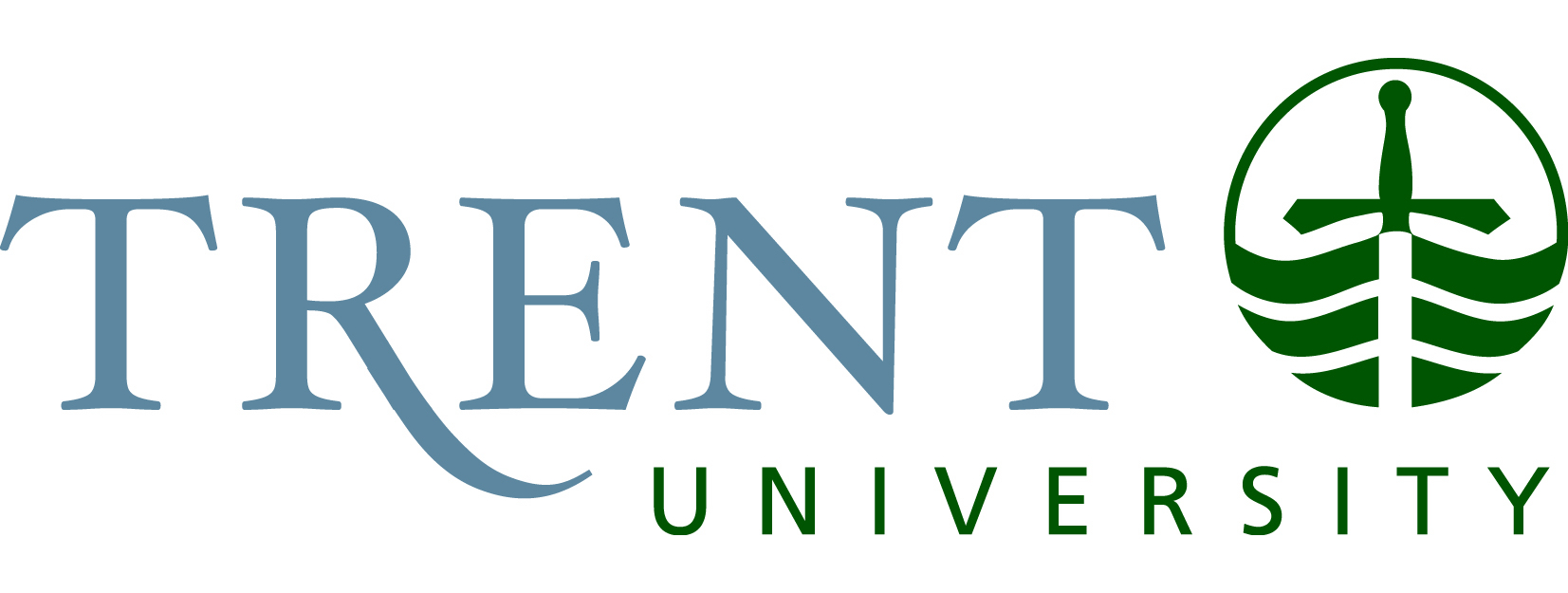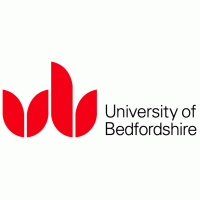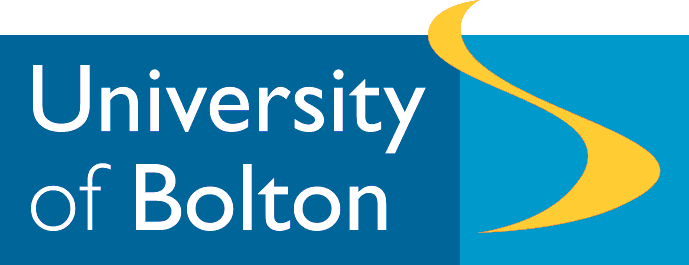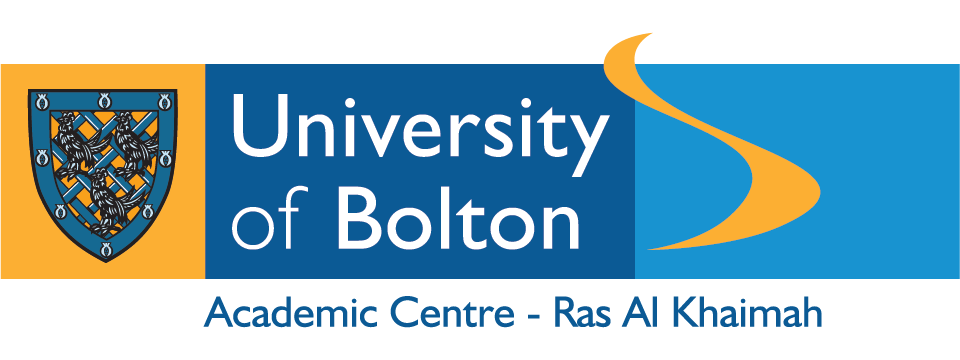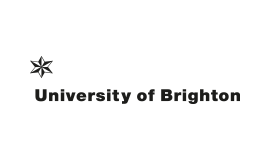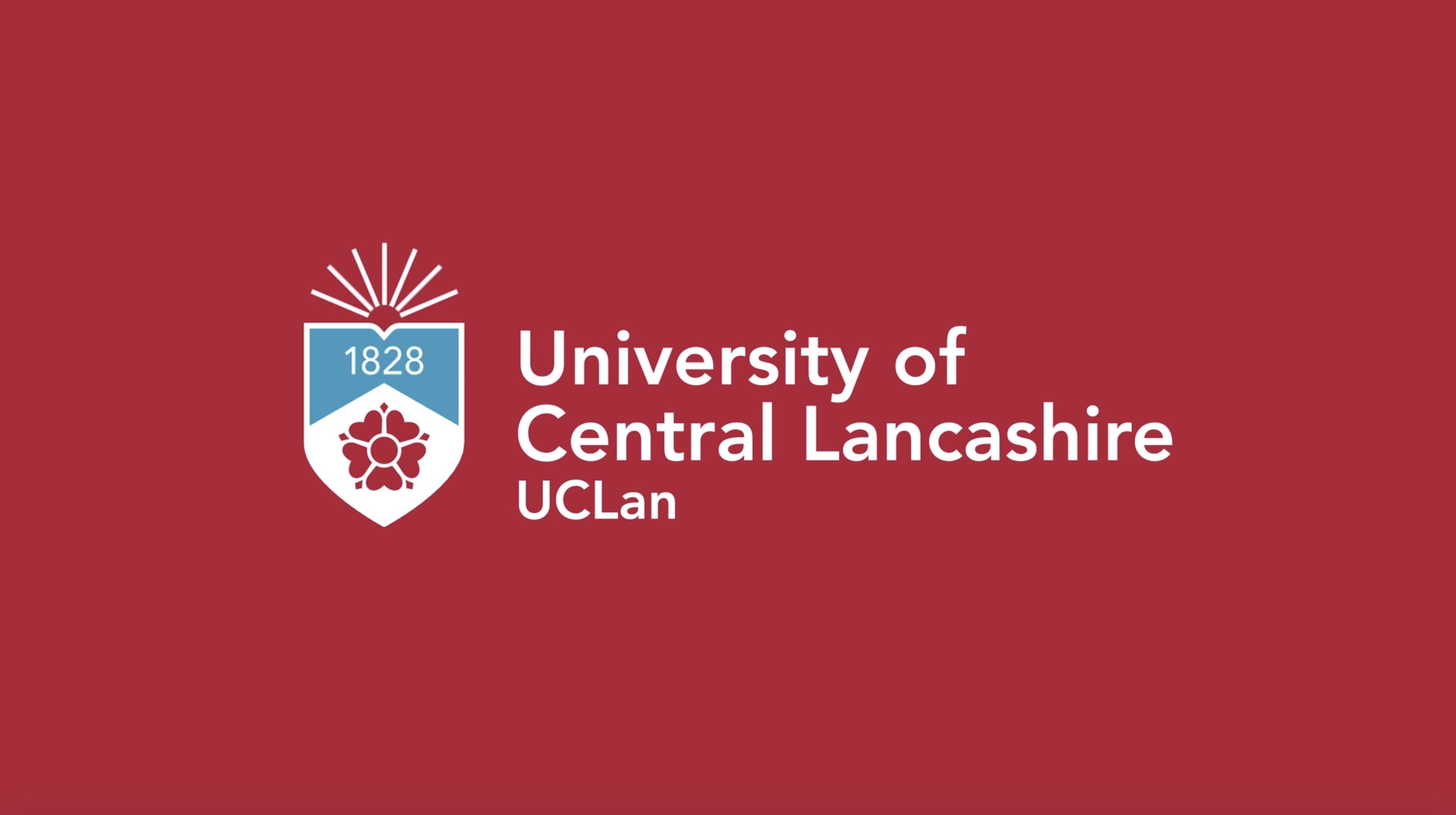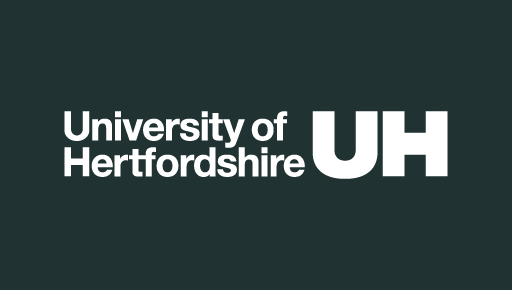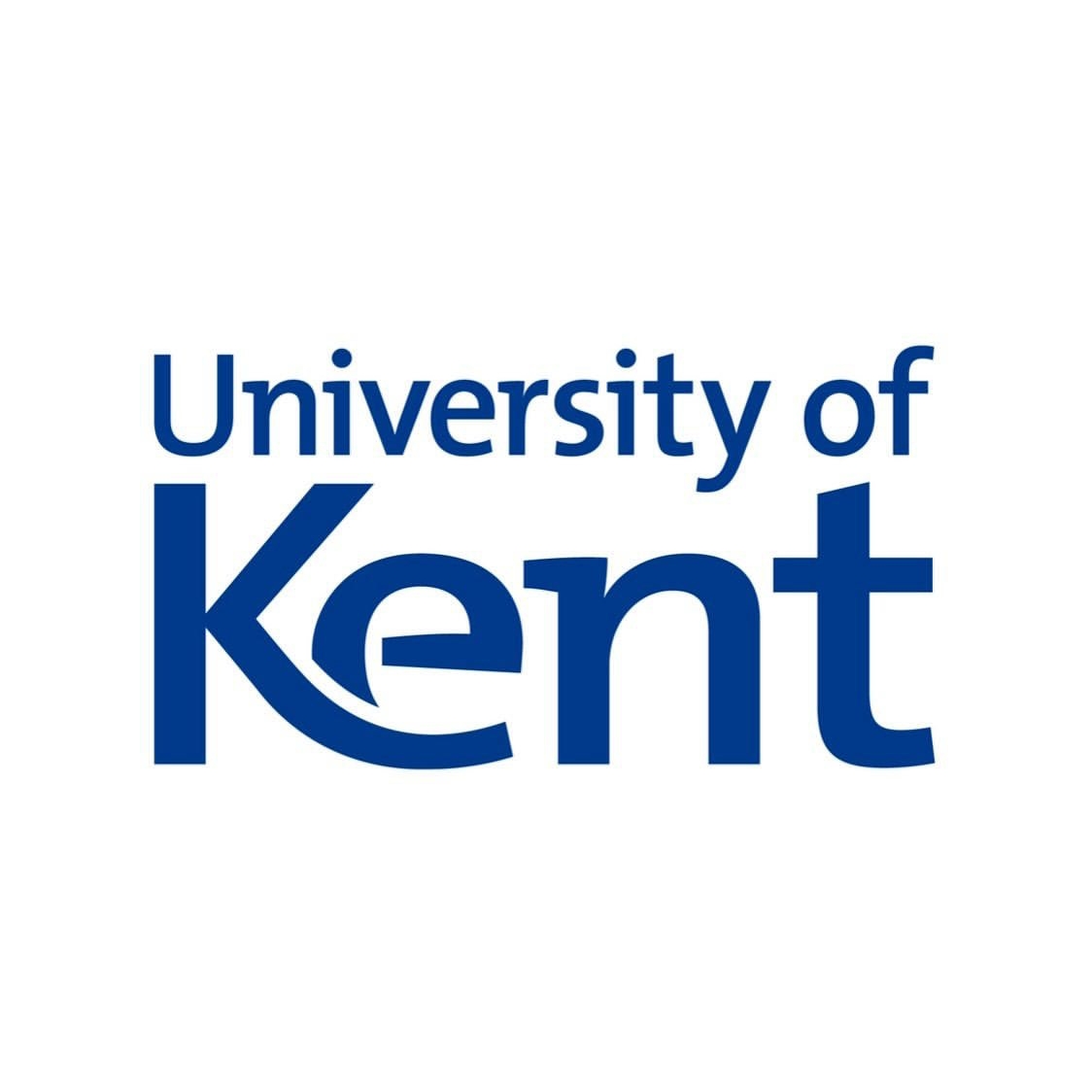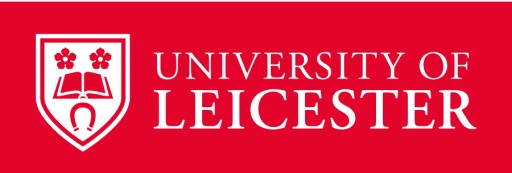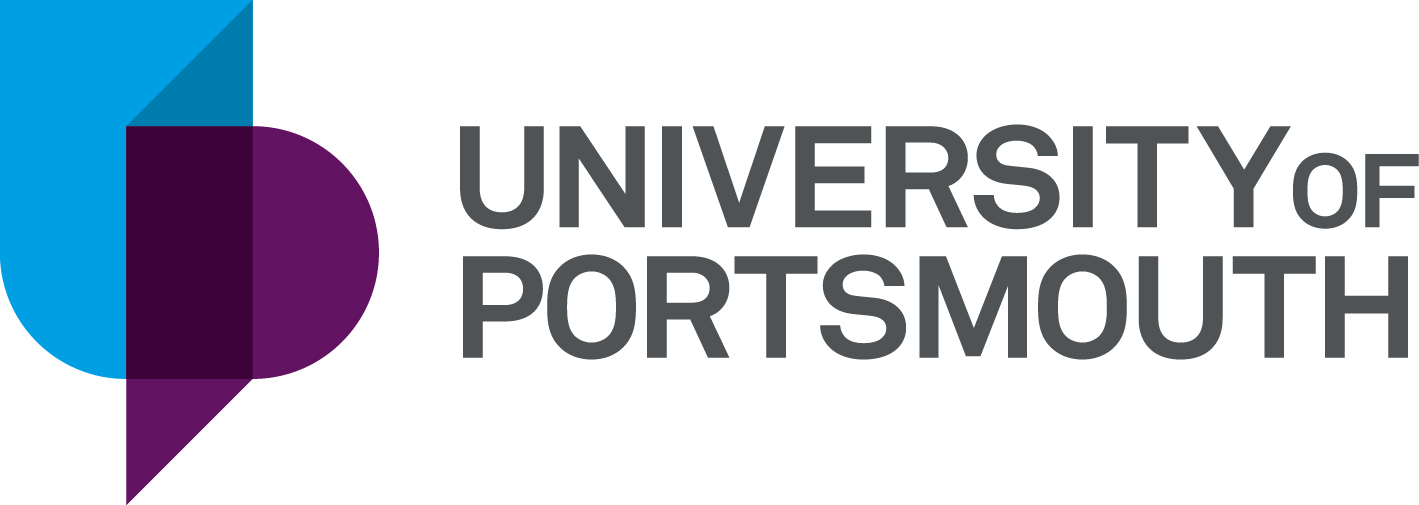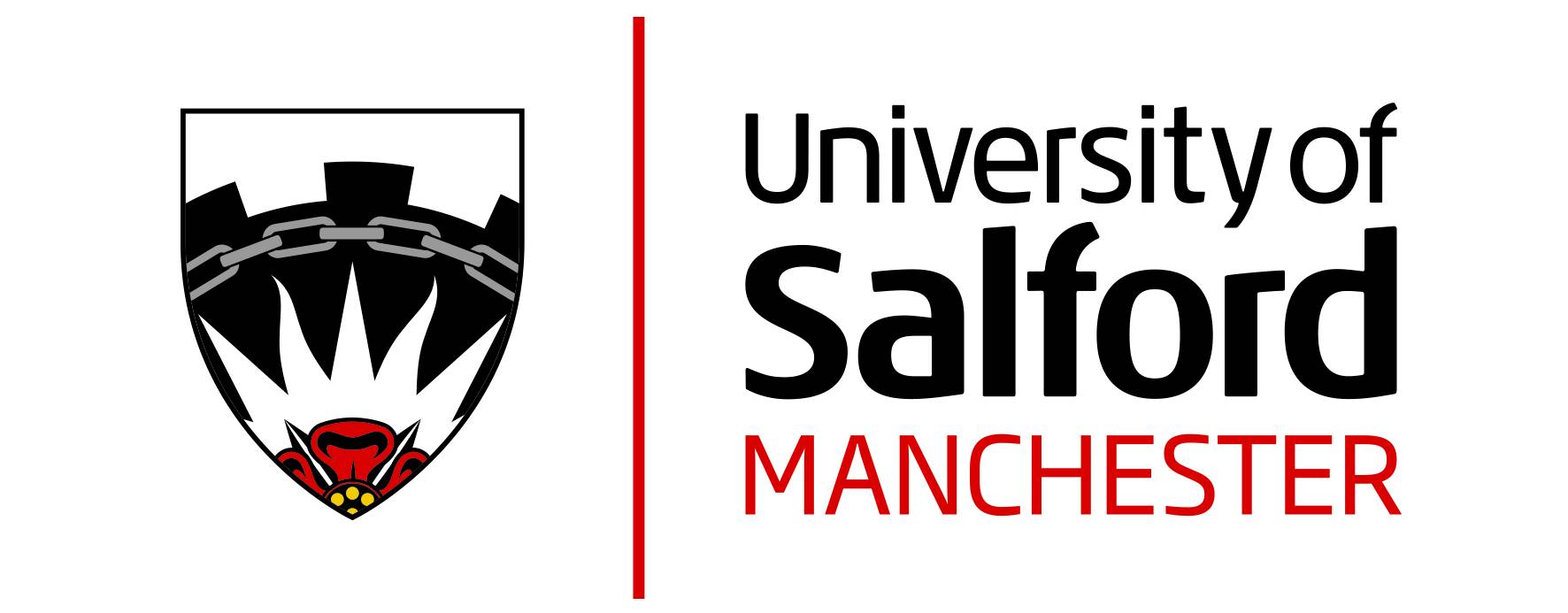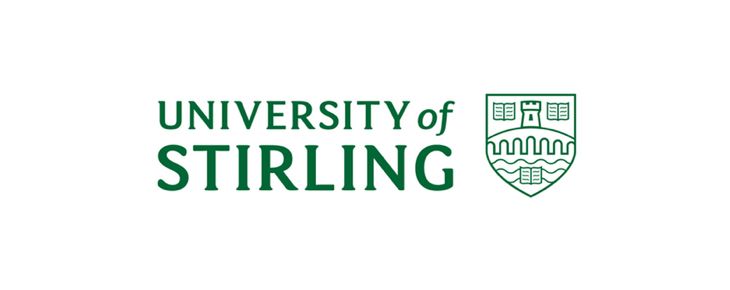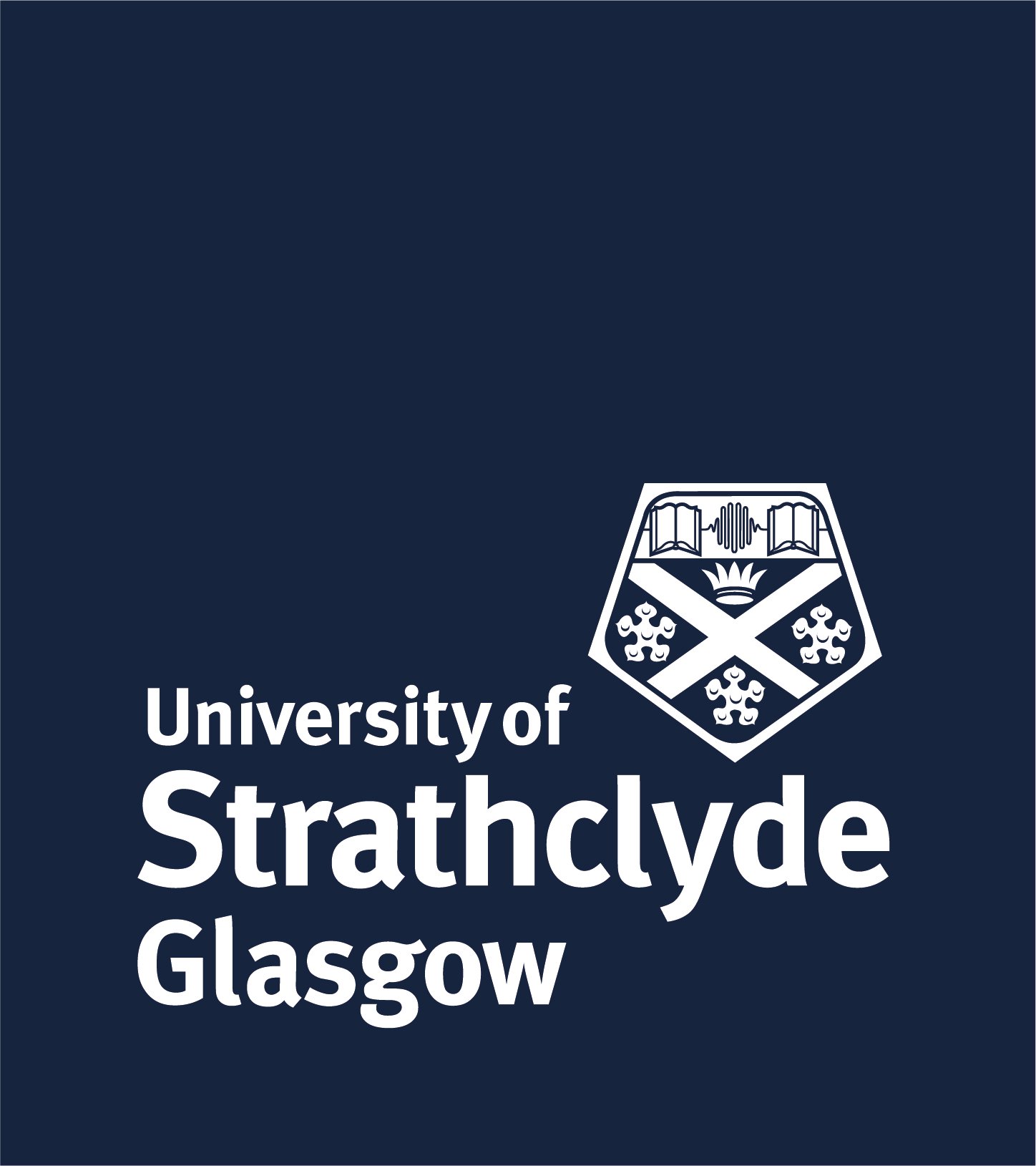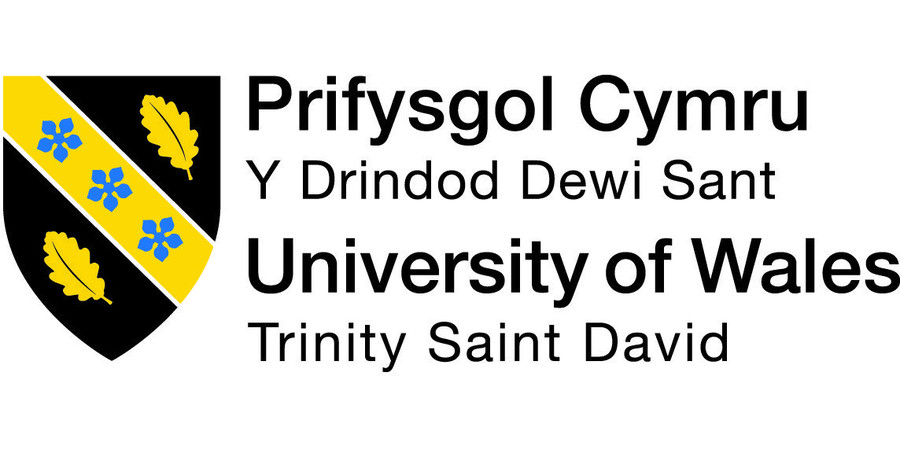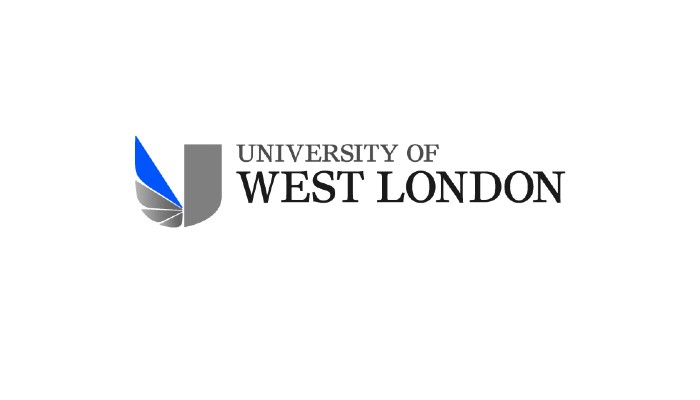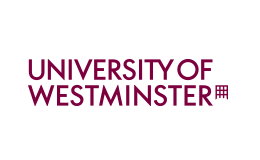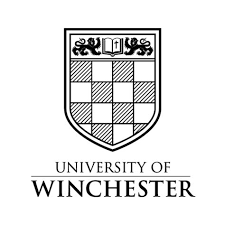Software Engineering: Your Gateway to a Global Tech Career
Are you an aspiring tech enthusiast from India dreaming of building innovative software solutions that power the world? Studying Software Engineering abroad could be your perfect launchpad. This dynamic field combines creativity, problem-solving, and cutting-edge technology to design, develop, and maintain software systems. From mobile apps to AI-driven platforms, software engineers are at the forefront of digital transformation.
For Indian students, pursuing Software Engineering overseas offers unparalleled opportunities. You'll gain exposure to world-class education, diverse cultures, and high-demand job markets. With India's booming IT sector, international qualifications can supercharge your career, opening doors to global giants like Google, Microsoft, and Amazon. This page explores everything you need to know about studying Software Engineering abroad, tailored for ambitious students like you.
Why Choose Software Engineering Abroad?
India produces some of the world's top software talent, but studying abroad elevates your skills to a global standard. Here's why it's a smart choice:
- Advanced Curriculum and Facilities: Foreign universities emphasize practical learning with state-of-the-art labs, internships, and industry collaborations—far beyond traditional Indian programs.
- Global Recognition: Degrees from accredited international institutions are highly valued by Indian recruiters and multinational companies.
- Research and Innovation: Access cutting-edge projects in AI, cybersecurity, and cloud computing, areas where India is catching up but global leaders dominate.
- Cultural and Professional Exposure: Living abroad builds soft skills like adaptability and teamwork, essential for international careers.
- Higher Salaries and Job Prospects: Graduates often earn 2-3 times more than their Indian counterparts, with pathways to permanent residency in tech hubs.
According to a 2023 QS World University Rankings report, Software Engineering programs abroad rank among the top for employability, with over 90% of graduates securing jobs within six months.
Top Destinations for Indian Students
Choosing the right country is crucial. Consider factors like tuition fees, living costs, post-study work visas, and Indian student communities. Below is a comparison of popular destinations:
| Country | Top Universities | Average Tuition (per year, INR) | Post-Study Work Visa | Why for Indians? |
|---|---|---|---|---|
| USA | MIT, Stanford, Carnegie Mellon | 25-40 lakhs | OPT (up to 3 years for STEM) | Silicon Valley jobs; large Indian diaspora |
| UK | Imperial College, University of Edinburgh | 15-25 lakhs | Graduate Route (2 years) | Short courses; strong tech scene in London |
| Canada | University of Toronto, UBC | 15-20 lakhs | PGWP (up to 3 years) | Affordable; PR pathways via Express Entry |
| Australia | University of Melbourne, UNSW | 18-25 lakhs | Temporary Graduate Visa (2-4 years) | High quality of life; booming tech in Sydney |
| Germany | Technical University of Munich, RWTH Aachen | Free or low (2-5 lakhs) | 18-month job search visa | Tuition-free; engineering excellence |
Canada and Australia are favorites among Indian students due to welcoming immigration policies and vibrant multicultural environments. The USA remains the dream for tech innovation, despite higher costs.
Popular Software Engineering Programs
Most programs offer Bachelor's (BSc/BEng, 3-4 years) and Master's (MSc/MEng, 1-2 years) degrees. PhD options are available for research enthusiasts. Key features include:
- Core Subjects: Programming (Java, Python, C++), Data Structures, Algorithms, Software Design Patterns, Database Management, and Web Development.
- Advanced Topics: Machine Learning, Software Testing, Agile Methodologies, DevOps, and Cybersecurity.
- Practical Components: Capstone projects, hackathons, and mandatory internships with companies like IBM or local startups.
- Electives: Tailor your degree with options in Game Development, Mobile Computing, or Blockchain.
For example, Stanford's MS in Software Engineering focuses on scalable systems, while the University of Toronto integrates AI ethics—crucial for responsible tech development.
Eligibility and Application Requirements for Indian Students
Getting admitted is straightforward if you're prepared. Typical requirements include:
- Academic Qualifications: For Bachelor's, 10+2 with 70%+ in Physics, Math, and English (CBSE/ICSE). For Master's, a relevant Bachelor's degree with 60%+ GPA.
- Standardized Tests:
- SAT/ACT for undergrad (USA/Australia).
- GRE for Master's (most countries, optional in some).
- IELTS (6.5+) or TOEFL (90+) for English proficiency—waived if you've studied in English-medium schools.
- Documents: Statement of Purpose (SOP) explaining your passion for software engineering, Letters of Recommendation (2-3), Resume/CV, and transcripts.
- Portfolio: Optional but recommended—include GitHub projects or coding competition wins (e.g., from HackerRank or CodeChef).
- Deadlines: Apply 6-12 months in advance; fall intake (September) is popular.
Indian students often excel due to strong math foundations from JEE/boards. Pro tip: Highlight any open-source contributions in your SOP to stand out.
Career Opportunities After Graduation
A Software Engineering degree abroad equips you for diverse roles. The global tech shortage means endless opportunities:
- Job Roles: Software Developer, Full-Stack Engineer, QA Tester, DevOps Engineer, Systems Architect.
- Industries: Tech (FAANG), Finance (FinTech), Healthcare (EHR systems), Gaming, and E-commerce.
- Salary Expectations: Starting salaries range from $70,000-$100,000 USD annually (₹60-85 lakhs), rising quickly with experience.
- Return to India: MNCs in Bangalore, Hyderabad, and Pune prefer international alumni; roles at Infosys, TCS, or startups pay ₹15-30 lakhs initially.
Post-study work visas allow you to gain experience abroad before deciding on relocation. Many Indian alumni build networks that lead to H-1B visas in the US or skilled migration in Canada.
Scholarships and Financial Aid
Studying abroad doesn't have to break the bank. Indian students have access to generous funding:
- University Scholarships: Merit-based awards covering 20-100% tuition (e.g., MIT's need-blind aid).
- Government Schemes: India's Study in India portal lists options; Fulbright-Nehru for USA, Chevening for UK.
- External Funds: Inlaks Shivdasani Foundation (up to ₹10 lakhs), JN Kennedy Memorial Trust.
- Country-Specific: DAAD for Germany (full coverage), Australia Awards for developing nations.
Apply early—scholarships often require essays on your career goals. Part-time jobs (20 hours/week) can cover living expenses, around ₹8-15 lakhs per year.
Visa Process and Tips for Success
Securing a student visa is key. For F-1 (USA), Tier 4 (UK), or Study Permit (Canada):
- Steps: Get university acceptance, prove funds (₹15-20 lakhs bank statement), attend visa interview, and submit biometrics.
- Common Challenges: Intent to return to India—emphasize family ties in your application.
- Tips: Use VFS Global services; join Indian student forums on Reddit or Facebook for real experiences.
Once there, adapt by joining Indian societies for festivals like Diwali. Focus on time management—balancing studies and cultural adjustment is vital.
Student Stories: From India to Global Tech Leaders
"Studying Software Engineering at UBC in Canada transformed me. The co-op program landed me an internship at Shopify, and now I'm a lead developer back in Mumbai earning triple my peers." — Priya S., Class of 2022
Thousands of Indian students thrive abroad. With dedication, your Software Engineering journey can lead to innovation that bridges India and the world.
Ready to code your future? Explore our application services and start your application today. For personalized guidance, contact our counselors specializing in tech programs.



